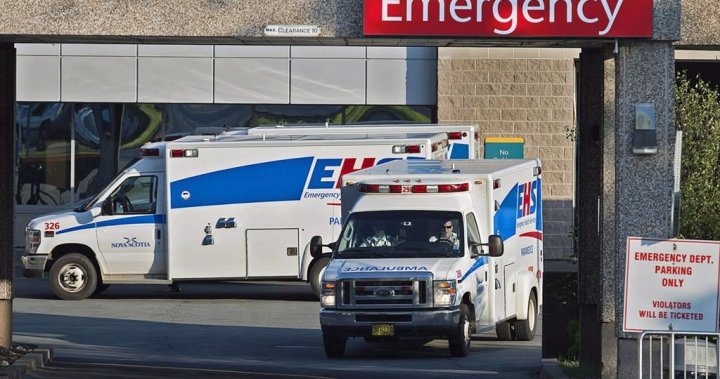
ER doctors say Canadians shouldn’t avoid seeking care despite crowding
Global News
The Canadian Association of Emergency Physicians expressed concerns over Quebec's health minister suggesting unnecessary ER visits significantly contributed to overcrowding.
The Canadian Association of Emergency Physicians says it is “concerned” about comments made by Quebec Health Minister Christian Dubé in December suggesting that unnecessary emergency department visits significantly contribute to ER overcrowding.
If patients feel they need emergency health care, they shouldn’t hesitate to go to the ER, the association told The Canadian Press on Wednesday.
On Dec. 19, Dubé told reporters in Montreal that “there is a large percentage of people who consult at the emergency department who don’t have an urgent problem … I’m not saying they’re not worried, but they don’t have an urgent problem.”
He made the statement after receiving a letter from a group representing Quebec emergency department chiefs who said the situation was “out of control” due to overcrowding.
Quebec’s health department also issued anews release on Dec. 31, encouraging people to consider other health-care services instead of going to the ER.
Volumes in emergency departments are high in the midst of respiratory illness season but the main reasons for overcrowding are systemic problems that have been flagged for years, said Dr. Michael Herman, an emergency physician at Queensway Carleton Hospital in Ottawa who was speaking on behalf of the Canadian Association of Emergency Physicians.
“The issues around emergency medicine volumes are really more to do with flow through the hospital than it is to do with individual patients presenting,” said Herman.
“When you have patients who are admitted to the hospital waiting 24, 48, sometimes 72 hours to get a bed on the ward, that in turn occupies space that can’t be used to see the next emergency patient.”
